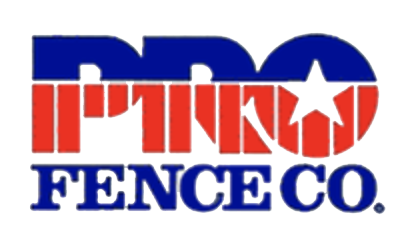Massachusetts Fence Permits and Regulations: What MA Property Owners Need to Know
At PRO Fence Co. in MA, we make fence installation simple—from initial design to final post. One of the most common questions we get from homeowners and business owners is: “Do I need a permit to install a fence in Massachusetts?” The answer depends on several factors, including location, fence height, zoning laws, and town-specific ordinances.
This page walks you through the key steps in the Massachusetts fence permitting process so you can make informed decisions with confidence.

Do You Need a Fence Permit in Massachusetts?
Generally, Massachusetts state law does not require a permit to install a residential fence under 6 feet tall. However, local zoning laws and building codes vary widely by town and may impose additional requirements, especially for:
-
Fences over 6 feet high
-
Corner lots that may obstruct visibility
-
Commercial properties
-
Swimming pool enclosures
Fences within wetland buffer zones or historical districts
In Wilmington, for example, permits are often required for fences over 6 feet or fences near a public right of way. If your property borders a neighbor, it’s also wise to consult Massachusetts General Laws, Chapter 49, which governs shared fence responsibilities and disputes.
Fence Permitting Process in Wilmington, MA
At PRO Fence Co., we stay up to date with all local requirements to help you navigate the process. Here’s what you can typically expect in Wilmington:
1. Check Zoning Regulations
Before submitting any permit, consult the Wilmington Zoning Bylaws. These outline:
-
Permissible fence heights
-
Setback requirements from property lines
-
Special restrictions for front yards or corner lots
2. Submit a Permit Application (if required)
For projects that need a permit:
Apply through your local building department such as the Wilmington Building Department
-
Include a plot plan showing the proposed fence layout
-
Provide specifications on fence height, material, and location
-
Permits are usually reviewed within 5–10 business days, though timelines may vary seasonally.
3. Neighbor Notifications
While not always required, it’s courteous (and sometimes recommended by town officials) to notify your neighbors, especially for shared property lines. Massachusetts law allows for “spite fence” disputes if a fence is deemed malicious in intent.
4. Inspections (as applicable)
If your fence is part of a larger structure (e.g., enclosing a pool), you may need a post-installation inspection. Our team coordinates with inspectors to ensure everything passes on the first visit.
Commercial Fence Permits: Additional Requirements
For commercial and industrial properties, additional review may be required for:
-
Security fencing
-
Parking lot barriers
-
Noise-reduction fencing
Commercial permits often include considerations for ADA compliance, visibility triangles, and traffic safety. PRO Fence Co. can provide all the documentation and engineering drawings needed for commercial submittals.

